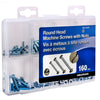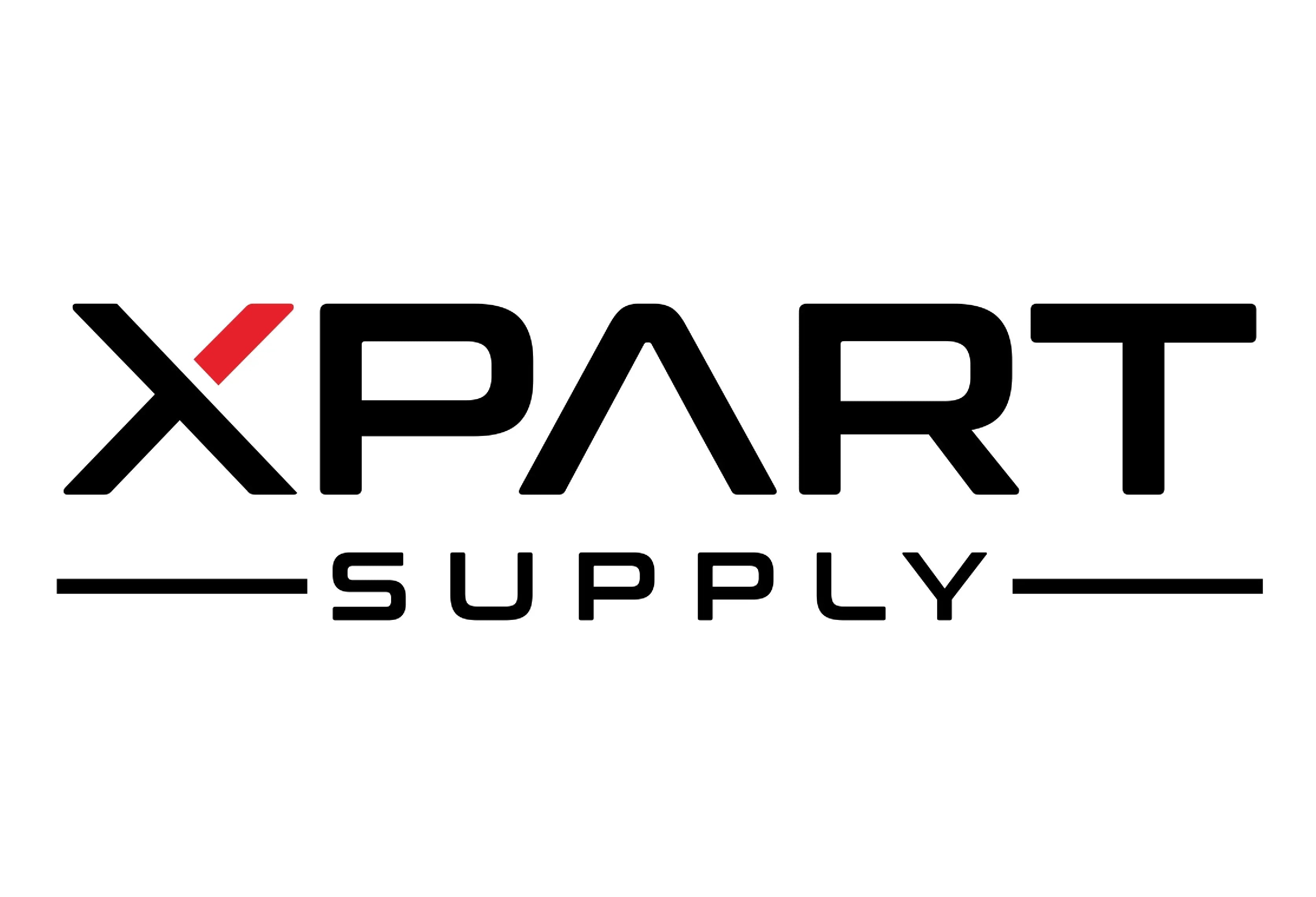When it comes to finding quality used appliances, ensuring reliability is key to making a worthwhile investment. Whether you're looking to outfit a new home on a budget or replace a broken machine, understanding how to evaluate second-hand choices can save you from potential headaches down the road. In this guide, we'll walk you through essential tips to help you identify dependable used appliances that will serve you well.
1. Research and Reputation
Before purchasing any used appliance, it's essential to do some homework. Look into brands and models known for their longevity and performance. Sometimes, a lesser-known brand might have a better reputation for durability than a popular one. Reviews and customer feedback are invaluable in this regard. Check online forums and consumer reports to gather information on which appliances maintain their quality over time.
2. Inspect for Physical Damage
When you find a potential appliance, inspect it thoroughly for any obvious physical damage. Look for dents, rust, and signs of wear and tear that may affect its operation. While minor scratches might not impact the performance, structural damages like bent seals or broken components could lead to bigger problems. Ensure that all doors and lids close securely and that the appliance's structural integrity is intact.
3. Test Key Functions
Testing the appliance is a crucial step before making a purchase. Ask to see the appliance in action, or request a demonstration if possible. Pay attention to noise levels, operation speed, and any unusual vibrations that might indicate an underlying issue. For items like washers or ovens, testing various settings can provide insight into their operational health.
4. Evaluate Age and Usage
It's important to determine how old the appliance is and how extensively it has been used. A good rule of thumb for many large appliances is that anything over ten years old may be approaching the end of its useful life. However, well-maintained appliances can sometimes defy this rule. Inquire about the previous owner's maintenance routines and whether the appliance has undergone any repairs or part replacements.
5. Verify Certifications and Energy Efficiency
Check if the appliance has the necessary certifications indicating its safety and efficiency. Energy-efficient models can save you money in the long run, even if they come at a slightly higher purchase price initially. The Energy Star label is one common certification that helps identify appliances designed to conserve energy.
6. Consider the Seller's Reliability
Lastly, consider purchasing from a reputable seller known for selling quality used appliances. Whether you're buying from an individual or a store, ask for references or look for reviews of their past sales. Often, stores that specialize in used goods will offer some form of a warranty or return policy, providing added peace of mind.
Purchasing a used appliance doesn't have to be a gamble. By following these tips, you can increase your chances of finding a reliable option that fits both your needs and your budget. For more advice on finding and maintaining quality appliances, visit xpartsupply.com.







